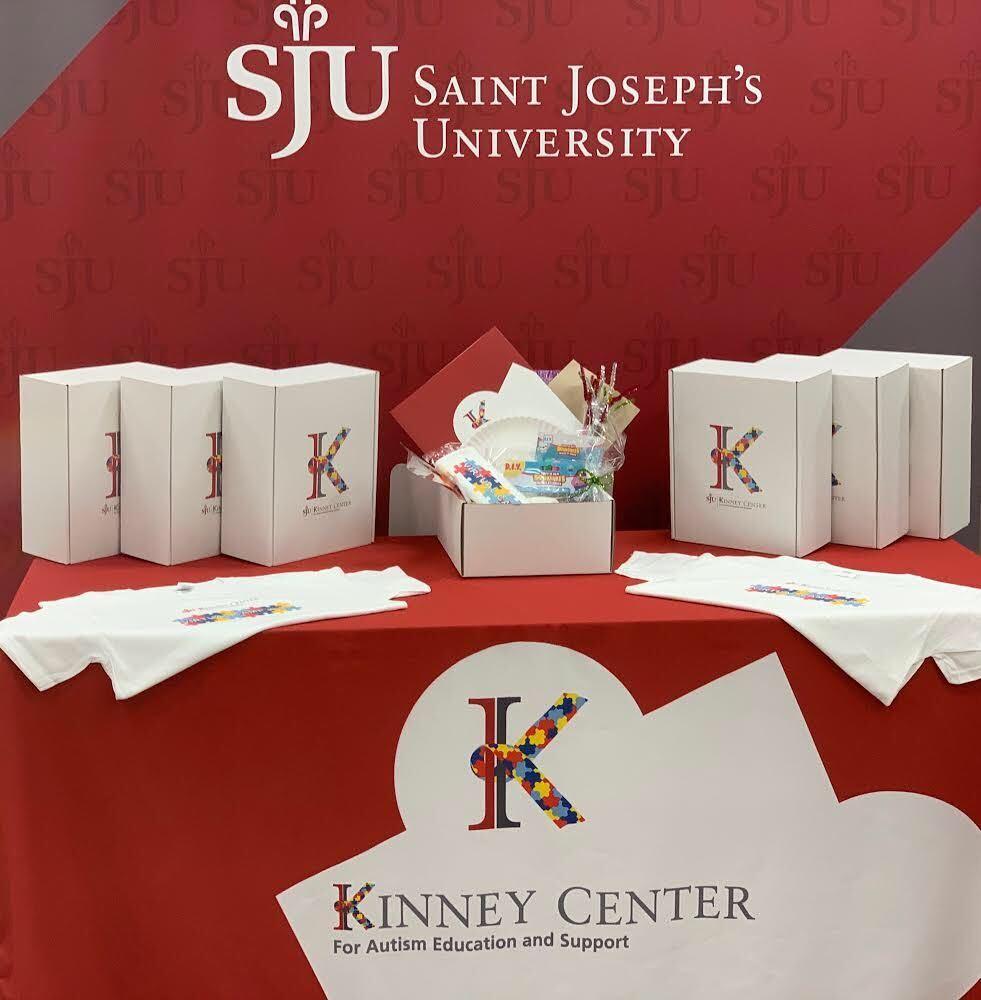The Kinney Center will host Camp Kinney, its annual summer camp, virtually this year. The decision to move the camp to a virtual platform was made in May, according to Cassandra Wilson, BCBA, senior associate director of programs.
“That was just to protect the safety of all our clients that come in, a lot of clients with co-occurring medical conditions,” Wilson said. “We wanted to be in their best interest and offer them something that encompasses the fun but also allows them to remain safe as well.”
Philadelphia officials announced on June 8 that summer camps can reopen on July 6. Regardless, Angus Murray, M.S., executive director of the Kinney Center, said that the Kinney Center will remain on the side of caution and keep Camp Kinney completely virtual through Zoom.
“A large percentage of [campers] would not be able to maintain social distancing, wear masks and all sorts of regulations that are in place for camping,” Murray said.
Camp Kinney will take place for five weeks from Monday through Thursday, from June 29 to July 30. Each day at camp is three hours, from 10 a.m. to 1 p.m., with each hour dedicated to special guests—such as staff from the Elmwood Park Zoo, yoga instructors and fitness instructors—social skills lessons and arts and crafts, respectively.
Although the number of days Camp Kinney runs for remains the same, in previous years the day was double in length, starting at 9 a.m. and ending at 3 p.m.
“We just felt [campers] couldn’t sit in front of their computers for a full day,” Murray said.
Murray said that there has been a significant reduction in enrollment since the Kinney Center announced the camp’s move to a virtual format. With 30 campers currently enrolled, the camp is only at 50% capacity to what it normally was in previous years. However, some campers that signed up this year wouldn’t have under normal circumstances, according to Murray.
“The virtual format doesn’t fit all of the campers that we would typically have, just due to the different means,” Wilson said. “But the interesting thing is we’ve been able to get campers and expose the Kinney Center to all different [areas]. We have a lot of people from Delaware and people from New Jersey that may not have been able to access the Kinney Center prior to this.”
With the reduction in participants comes the reduction of staff employed. Usually made up of about 60 Kinney SCHOLARS and graduate assistants, the Kinney Center has only hired about 20 graduate assistants for Camp Kinney this summer.
“Staffing has actually been significantly reduced because physical camp is designed as a one to one service model,” Murray said. “And of course we can’t be right there with folks. So, at this point, we have roughly two staff members for every 10 to 15 campers.”
The Kinney Center has sent packages to campers with supplies they will need for the camp’s weekly activities. Each package also contains directions for parents and guardians, as some campers will need their assistance to help navigate the Zoom sessions. Wilson said the Kinney Center is offering information sessions for parents as well.
In case parents cannot attend the live Zoom sessions, pre-recorded sessions will be available.
“We want to be very mindful of the fact that there are a lot of working parents, and that they might not be able to have access from 10 [a.m.] to 1 [p.m.],” Murray said.
Wilson said the graduate assistants who are staffing the camp, namely Graduate Assistants Emily Ring ’20, M.S. ’22 and Sarah Dattilo ’19, M.S. ’21, BCaBA, have had a huge part in creating the videos for parents. Wilson composed a curriculum, and from there Ring and Dattilo planned all of the lessons and activities that complimented it and tackled the pre-recorded videos.
There are three videos per day that campers can follow, meaning Ring and Dattilo created 60 pre-recorded videos in total.
“Each video has a PowerPoint that the [graduate assistant] talks through, and it gives opportunities for the kids to be engaged,” Ring said. “And then there are a bunch of timers for being able to participate as well as follow through with the steps and be able to actually do the activities planned.”
Dattilo said Zoom breakout rooms are going to play a huge part in how the graduate assistants can support the campers, since campers cannot get the usual one-on-one attention that the physical camp promotes.
“There’s going to be a main [graduate assistant] who will be presenting the lesson or activity,” Dattilo said. “And then the extra [graduate assistants] in [Zoom] will be able to monitor the clients to see if someone needs help. They’ll be able to take them into breakout rooms and be able to support them that way.”
Although this is not the Camp Kinney that she is familiar with, Dattilo said she is excited to see how the new camp turns out.
“I was upset that it wasn’t going to be in-person, but I was really stoked that we’re going to be able to create this new and innovative thing by making it virtual,” Dattilo said. “So then I got excited about being able to come up with different ideas, be creative and basically redo this camp that I’ve known for five years.”


















































